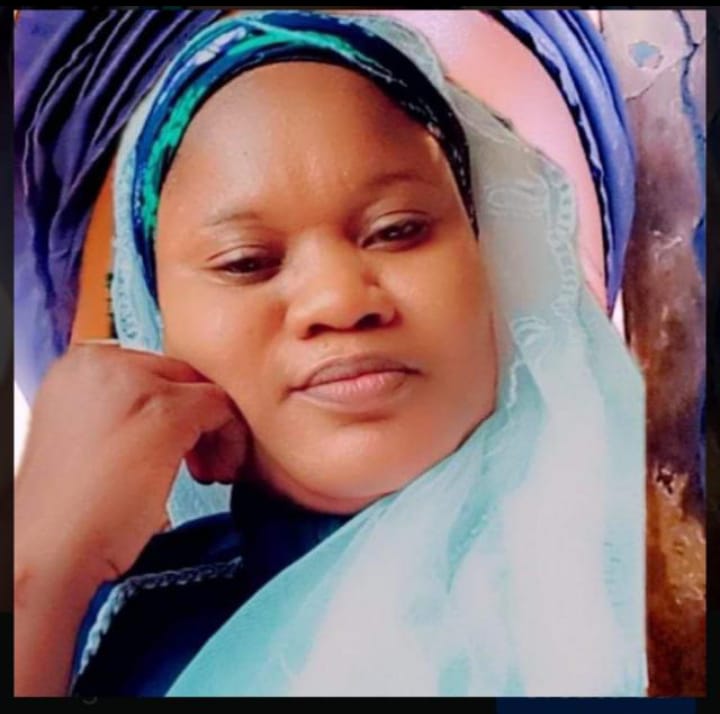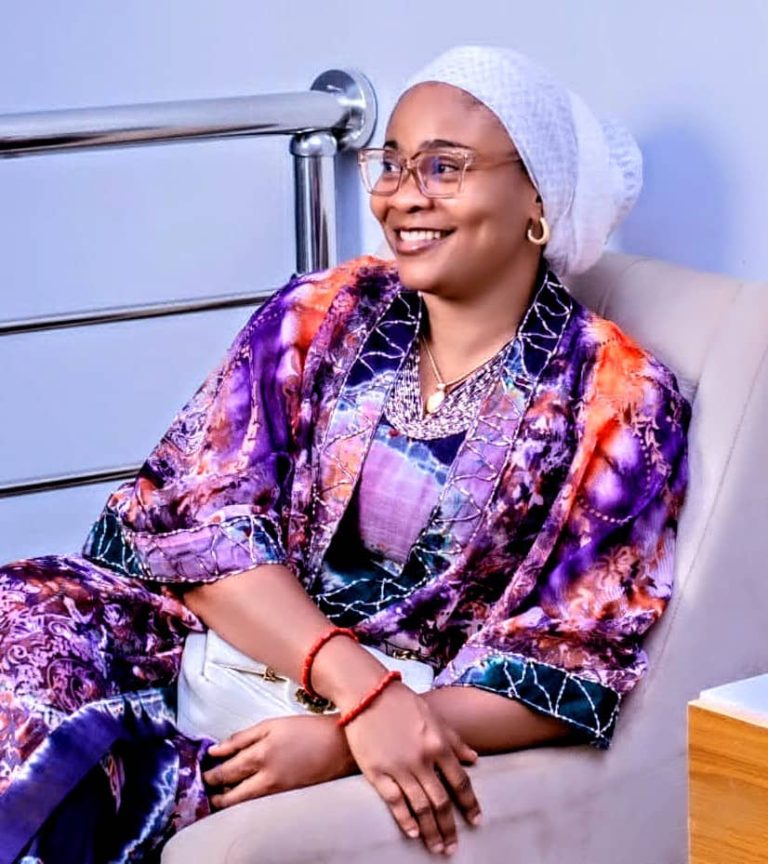WOMANHOOD AND MOTHERHOOD: A Divine Trust Worth Honouring By Oreoluwa Dikko

WOMANHOOD AND MOTHERHOOD: A Divine Trust Worth Honouring
By Oreoluwa Dikko
Let’s face it, life doesn’t come with a manual, but if we’re lucky, it comes with a mother.
From the bustling streets of Lagos to the sun-kissed villages of Abeokuta, one truth rings out loud and clear: the woman especially the African womanbis the rock on which many homes are built. She’s the cook, the comforter, the counselor, the peacemaker, and often, the unsung breadwinner. She juggles roles like a seasoned circus act, only without the applause.

In Yoruba culture, there’s a saying that packs more punch than a whole paragraph: “Òrìsà bí Ìyá ò sí, Ìyá là bá máa bọ.” It means, “There’s no deity like a mother, she’s the one we worship.” And truthfully, who else would willingly carry another human being for nine months, endure labour, and still go on to sacrifice nearly every comfort for their child’s wellbeing?
The late Dr. Sikiru Ayinde Barrister, the Fuji music icon from Ibadan, knew the worth of women. Though never pinned down as a feminist, Barry as fans fondly called him was one of the few male artists of his time who consistently paid homage to womanhood and motherhood in his music. He didn’t just sing to entertain; he sang to teach, to correct, and to honour.
In one of his early tracks, he proclaimed:

🎶 “Òrìsà bí Ìyá ò sí, Ìyá là bá máa bọ…” 🎶
(There is no deity like a mother, she is the one we must honour.)
This wasn’t just poetry—it was cultural truth, sung straight from the heart. In his songs like “Adieu MKO Abiola” and “Precious Mum,” Barry painted women as pillars of strength and virtue. He spoke of them with respect, celebrated their hard work, and even gave heartfelt marital advice: urging women to be of good character, hardworking, and dignified.
And he wasn’t alone.
From Nelson Mandela, who credited his mother and a strong female figure in his life for his early education, to Barack Obama, who frequently praised the resilience of his late mother Ann Dunham and his wife Michelle, we see examples of men who knew that womanhood isn’t just sacred, it is society’s safety net.
In Nigeria, men like Fela Durotoye, Tony Elumelu, and Obi Cubana have also publicly recognized the invaluable support and strength of women whether mothers, wives, or colleagues on their paths to success. Even the late MKO Abiola was known to empower women politically and socially, long before it became mainstream.
These are not weak men. They are wise men.
They understand that a society that sidelines its women is building on sand, and that behind every great man is not just a woman but a mother who prayed, a sister who sacrificed, and a wife who stayed.
More Than Mothers
But womanhood is not limited to motherhood. Not every woman will bear children, and not every mother figure is defined by biology. From teachers who shape minds in classroom corners, to market women who trade with wisdom, and the nurses in LUTH, FMC, or even the quiet community hospitals in Enugu and Ekiti these women carry life in more ways than one.
They carry hope.
They carry culture.
They carry the future.
And so, in a world that still pays lip service to gender equality, we must do more than clap on International Women’s Day. We must raise daughters who know their worth, and raise sons who respect that worth.
We must celebrate the Subuola in every home—the woman who never went to Harvard but taught her child to dream; the woman who gave up her comfort for someone else’s future; the woman who may never wear a crown, but whose hands bless everyone she touches.
Let’s Say It Loud: Òrìsà Bí Ìyá Ó Sì
As Barrister once prayed in his music:
> 🎶 “Orí mi má jẹ́ fi ìyá mi sáyé lọ…” 🎶
(May my destiny never cost me the presence of my mother.)
May we live with that same wisdom.
To every mother, every woman who wears her struggle like fine lace this is for you. Not just because you carried life, but because you gave it meaning. Your strength is not in your silence, but in your sacrifice. And your worth? Beyond rubies.
Let’s build a world that remembers: the rise of women is the rise of us all.
Falilat Oreoluwa Dikko, author and public affairs analyst writes from Lagos Nigeria 3rd June, 2025



